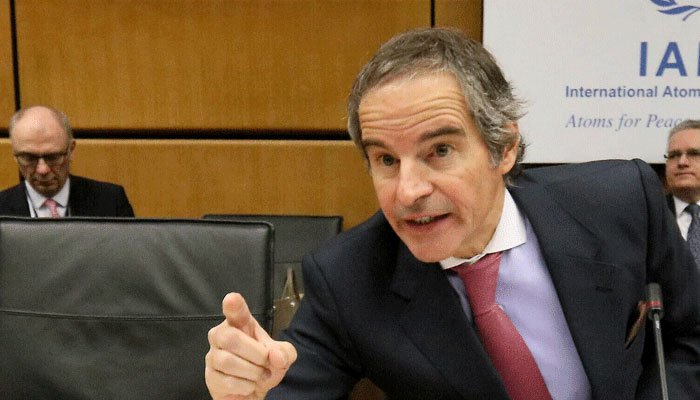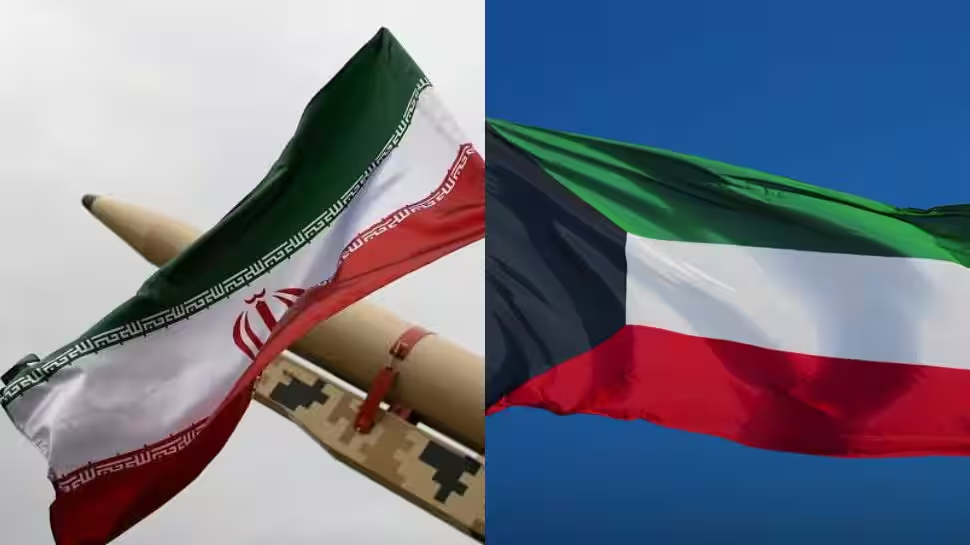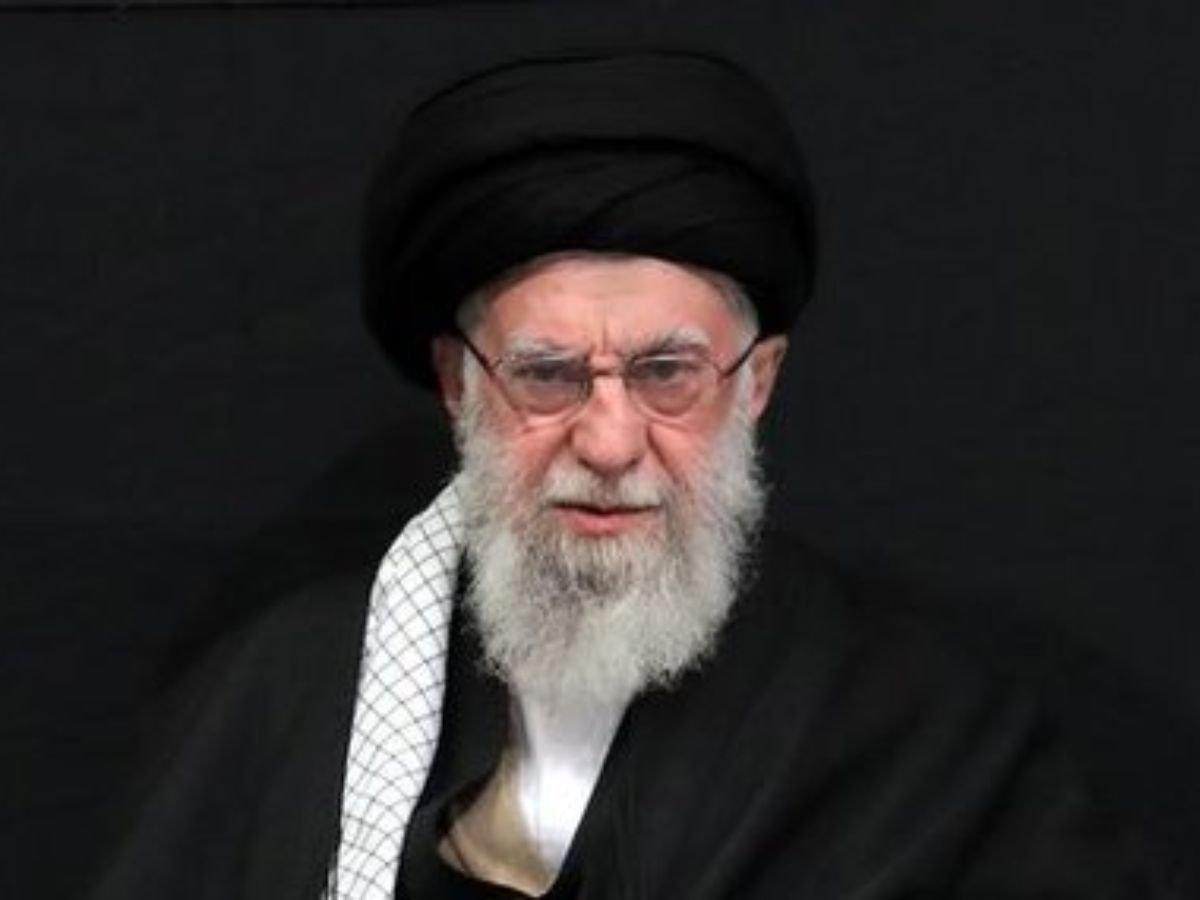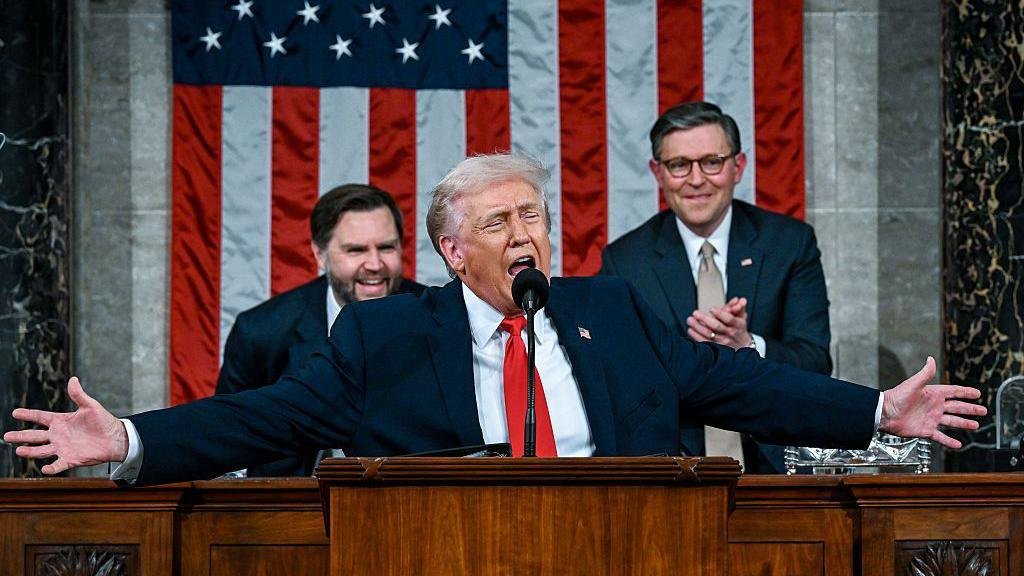The standoff comes at a time of regional instability and uncertainty about the future of nuclear diplomacy.
Iran Registers UN Complaint Against IAEA Chief Grossi. Iran has filed a formal complaint against International Atomic Energy Agency (IAEA) chief Rafael Grossi to the UN Secretary-General and the president of the Security Council, accusing him of bias and negligence amid rising tensions over Iran’s nuclear program.
The move, reported by Iran’s semi-official Fars News Agency, comes as Tehran has stepped up criticism of Grossi’s alleged silence on Israeli attacks on Iranian nuclear facilities, as well as the nuclear watchdog’s handling of “peaceful nuclear activities.”
Iran’s permanent representative to the UN, Amir Saeed Irani, condemned Grossi’s “politicized” stance. In a letter to the UN, Iravani criticized the IAEA chief for “failing to take a clear position on Israel’s aggressive actions,” particularly its alleged attacks on Iranian nuclear facilities, which Tehran says violate international law.
The head of Iran’s Atomic Energy Organization, Mohammad Eslami, also announced on Thursday that legal action could be taken against Grossi for his “inaction” over what Iran sees as threats to its nuclear infrastructure from Israel.
Tensions have risen since Grossi’s comments earlier this month, in which he said Iran had failed to provide adequate information about its nuclear activities. He warned that the agency would not be in a position to assure that Iran’s nuclear program was entirely peaceful.
Addressing the UN Security Council on Friday, Grossi expressed further concern over security threats, saying that recent attacks on Iranian nuclear facilities had resulted in “a serious deterioration in nuclear safety and security.”
The standoff comes at a time of regional instability and uncertainty about the future of nuclear diplomacy. Talks to revive the 2015 Iran nuclear deal, known as the Joint Comprehensive Plan of Action (JCPOA), have long been stalled, as Iran ramps up its uranium enrichment program.
Iran insists its nuclear program is for civilian purposes but Western powers and the IAEA have repeatedly expressed doubts, citing a lack of transparency and restrictions on inspections.





